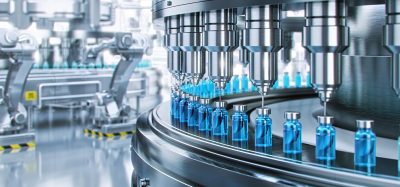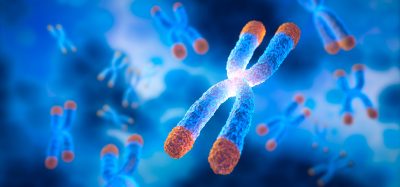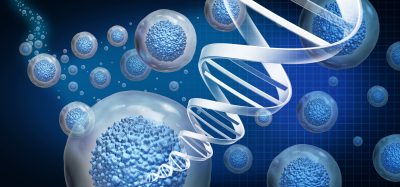Google’s AI co-scientist accelerates drug development
Posted: 7 March 2025 | Drug Target Review | No comments yet
Google has introduced an AI-powered ‘co-scientist’ designed to accelerate biomedical research and drug discovery by generating scientific hypotheses and identifying novel therapeutic targets.
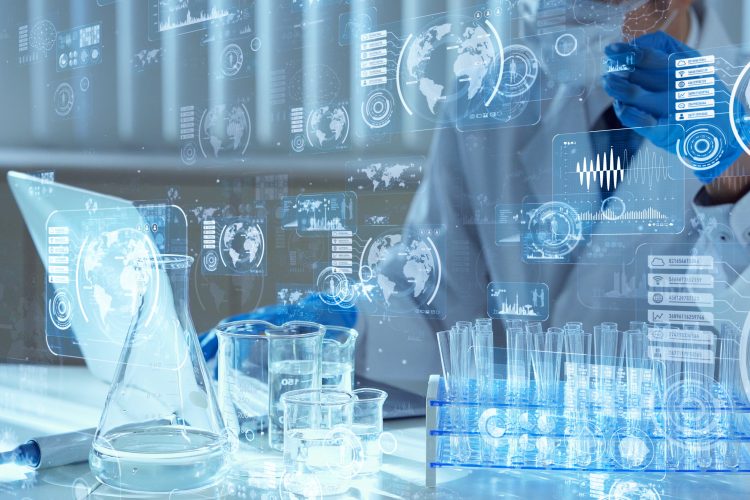

Google’s newly introduced AI co-scientist, powered by Gemini 2.0, is designed to assist researchers by generating hypotheses, designing experiments, and analysing complex datasets. Operating through multiple AI agents working collaboratively, the system has already demonstrated its ability to identify novel biological mechanisms relevant to drug discovery.
In collaboration with leading institutions such as Stanford University and Imperial College London, the AI co-scientist successfully proposed a new gene transfer mechanism linked to antimicrobial resistance – an insight independently verified by Imperial College researchers after years of study. In addition, the system identified potential drug candidates for liver fibrosis, which Stanford scientists later validated in laboratory experiments.
Enhancing drug development with AI
Google DeepMind’s ongoing advancements in AI-driven drug discovery are further supported by its recent release of AlphaFold 3. This latest iteration builds on the success of AlphaFold by extending its predictive capabilities beyond protein folding to modelling interactions between proteins, DNA, RNA, and small molecules. Such enhancements are expected to significantly improve drug target identification and the design of new therapeutic compounds.
Additionally, Isomorphic Labs, a subsidiary of Alphabet (Google’s parent company) dedicated to AI-driven pharmaceutical research, is set to advance its first AI-designed drug candidate into clinical trials by the end of 2025. Isomorphic Labs is actively collaborating with pharmaceutical leaders such as Eli Lilly and Novartis to accelerate the discovery of treatments for oncology and cardiovascular diseases.
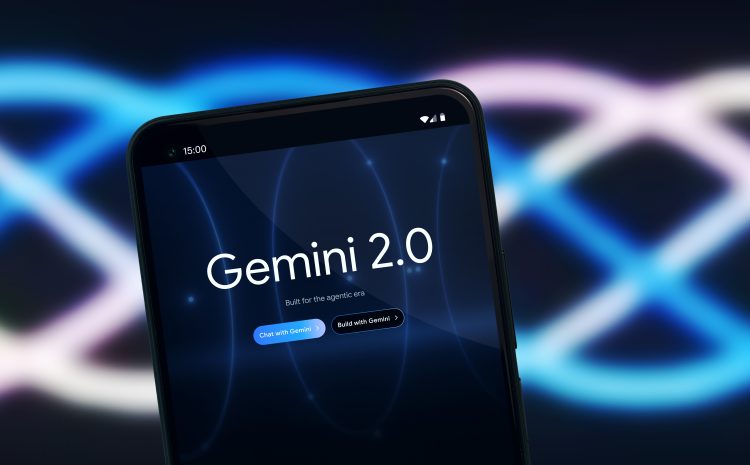

Gemini 2.0 is Google’s latest AI model, designed to enhance reasoning, problem-solving, and scientific research. This model powers the AI co-scientist system, enabling the generation of hypotheses, the design of experiments, and the acceleration of discoveries in science and medicine.
Industry partnerships to expand AI applications
To further bolster AI’s role in drug discovery, Google has expanded its strategic partnerships with biotech companies including Recursion. In October 2024, Recursion announced an extension of its collaboration with Google Cloud, utilising Google’s generative AI tools to enhance Recursion’s drug discovery platform. This partnership aims to reduce the time and cost of identifying promising drug candidates, reinforcing AI’s growing role in pharmaceutical innovation.
Google’s AI co-scientist represents a significant step toward fully integrating AI into the drug discovery process. By rapidly generating and testing hypotheses, predicting molecular interactions, and identifying potential therapeutics, AI is set to accelerate the development of new medicines. As AI-driven research continues to mature, the pharmaceutical industry expects to make unprecedented efficiency gains in bringing novel treatments to patients.
Related topics
Artificial Intelligence, Computational techniques, Drug Discovery, Drug Discovery Processes, Drug Repurposing, Epigenetics
Related conditions
acute myeloid leukemia (AML), Liver fibrosis
Related organisations
Alphabet, Google, Google DeepMind, Imperial College London, Stanford University



